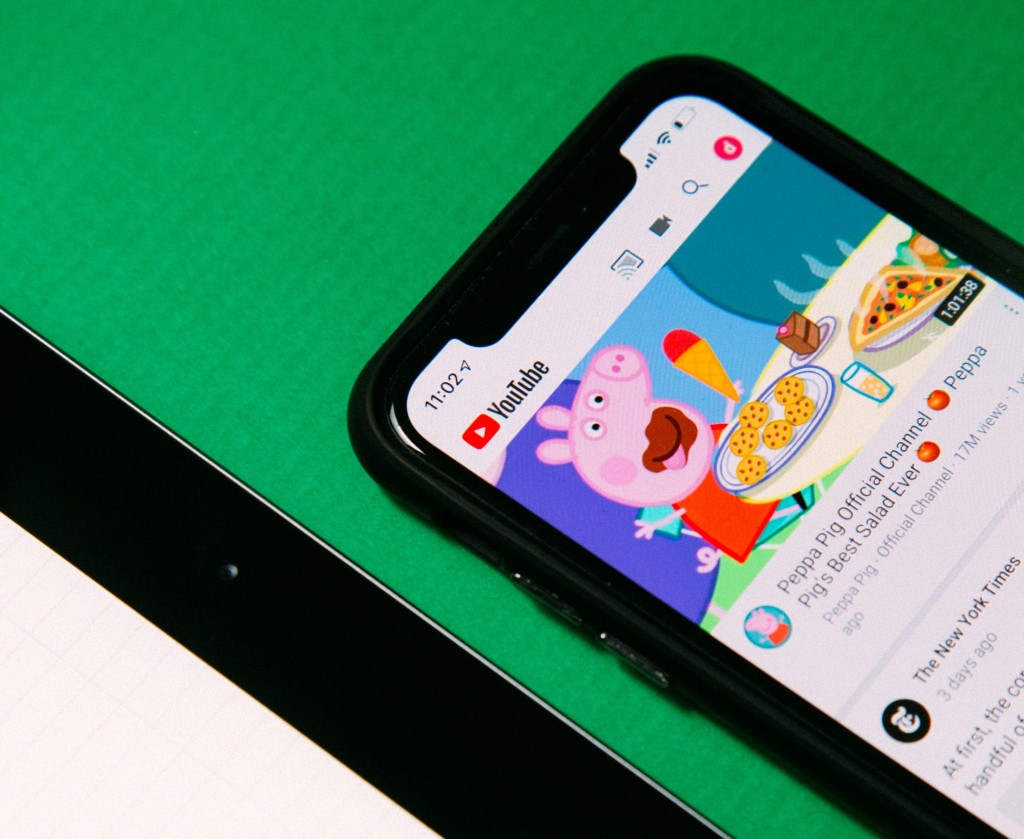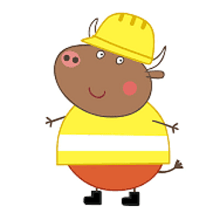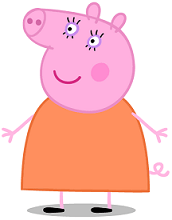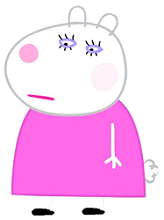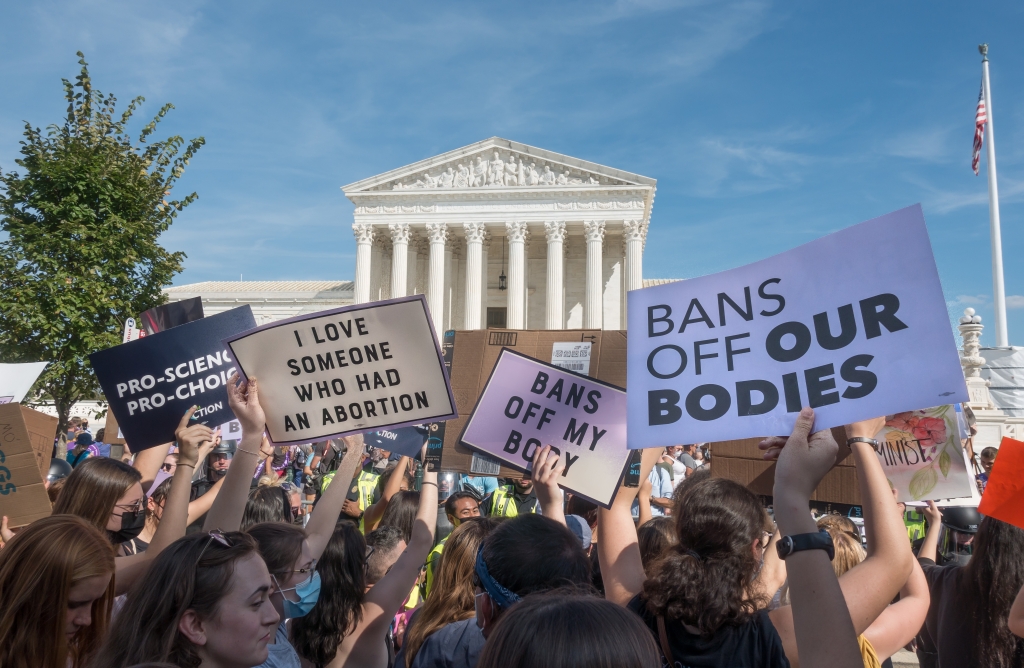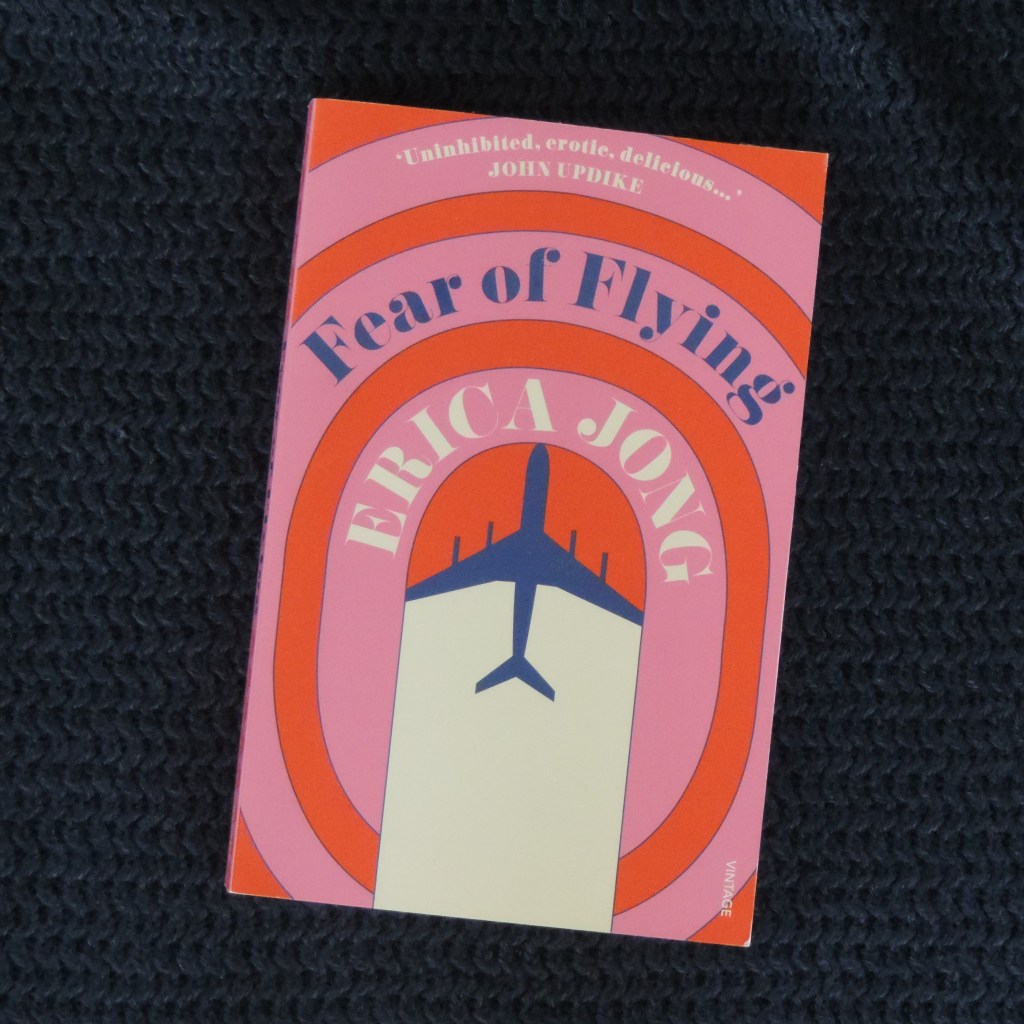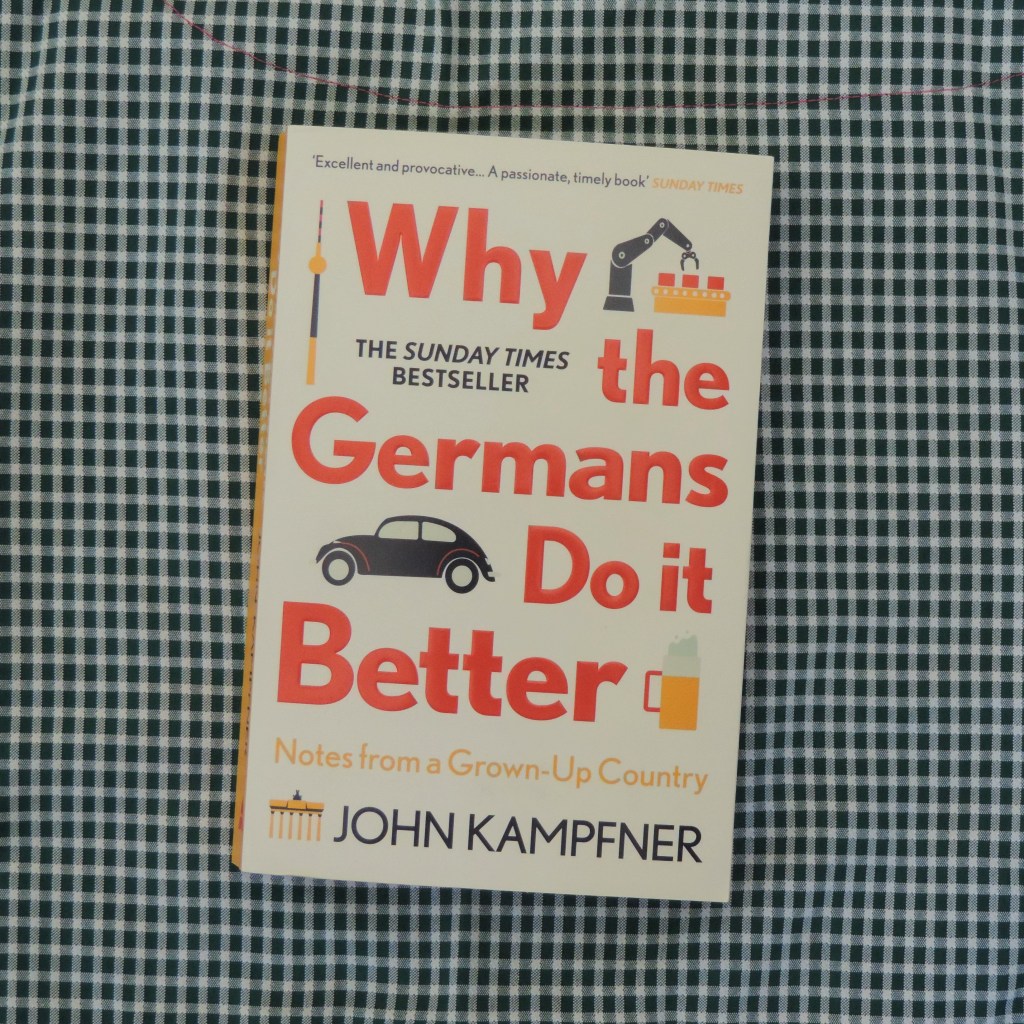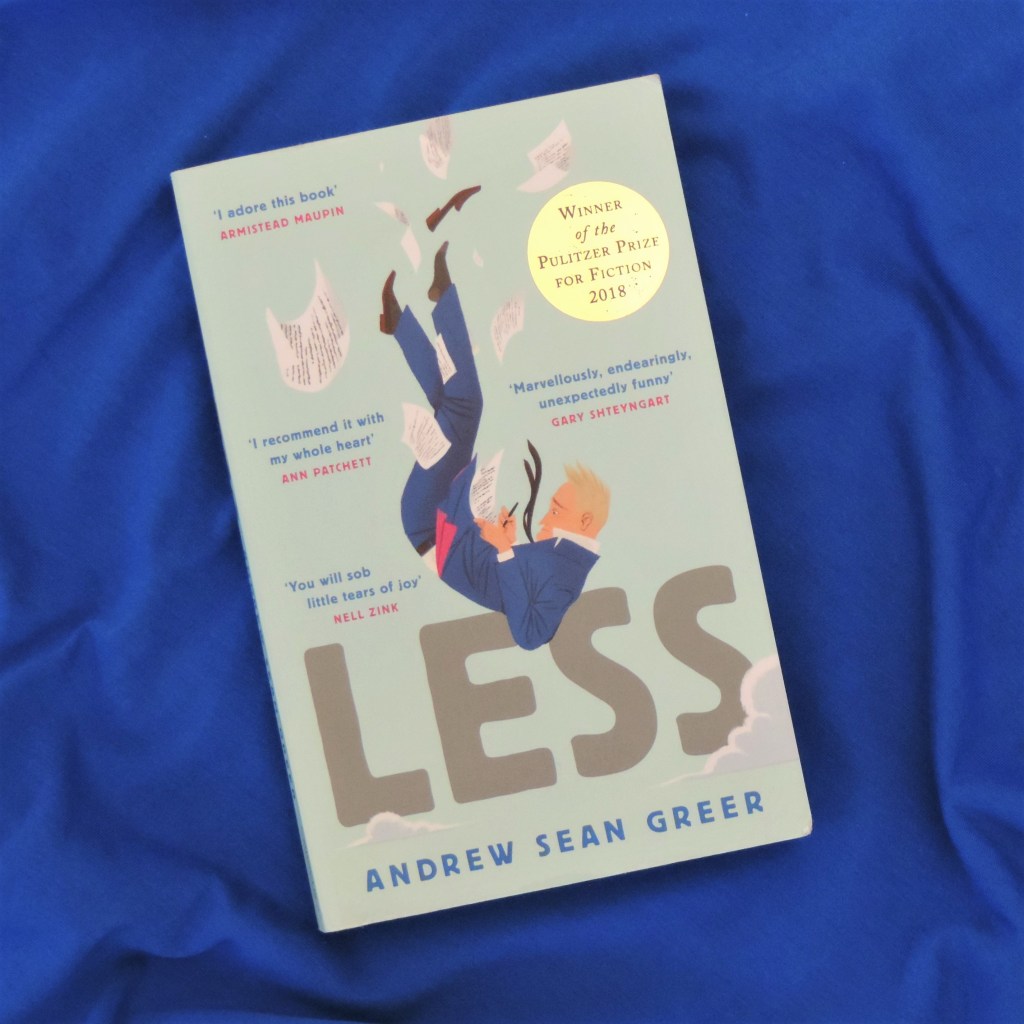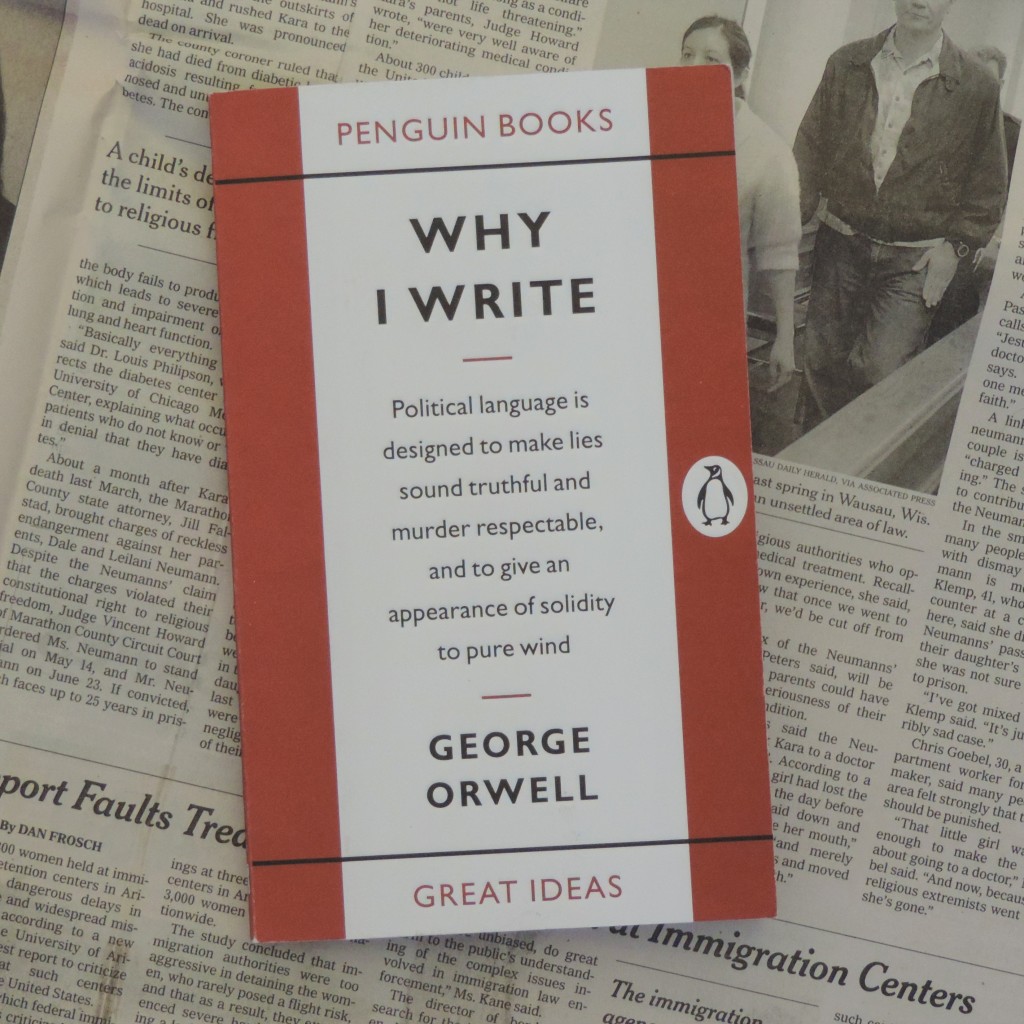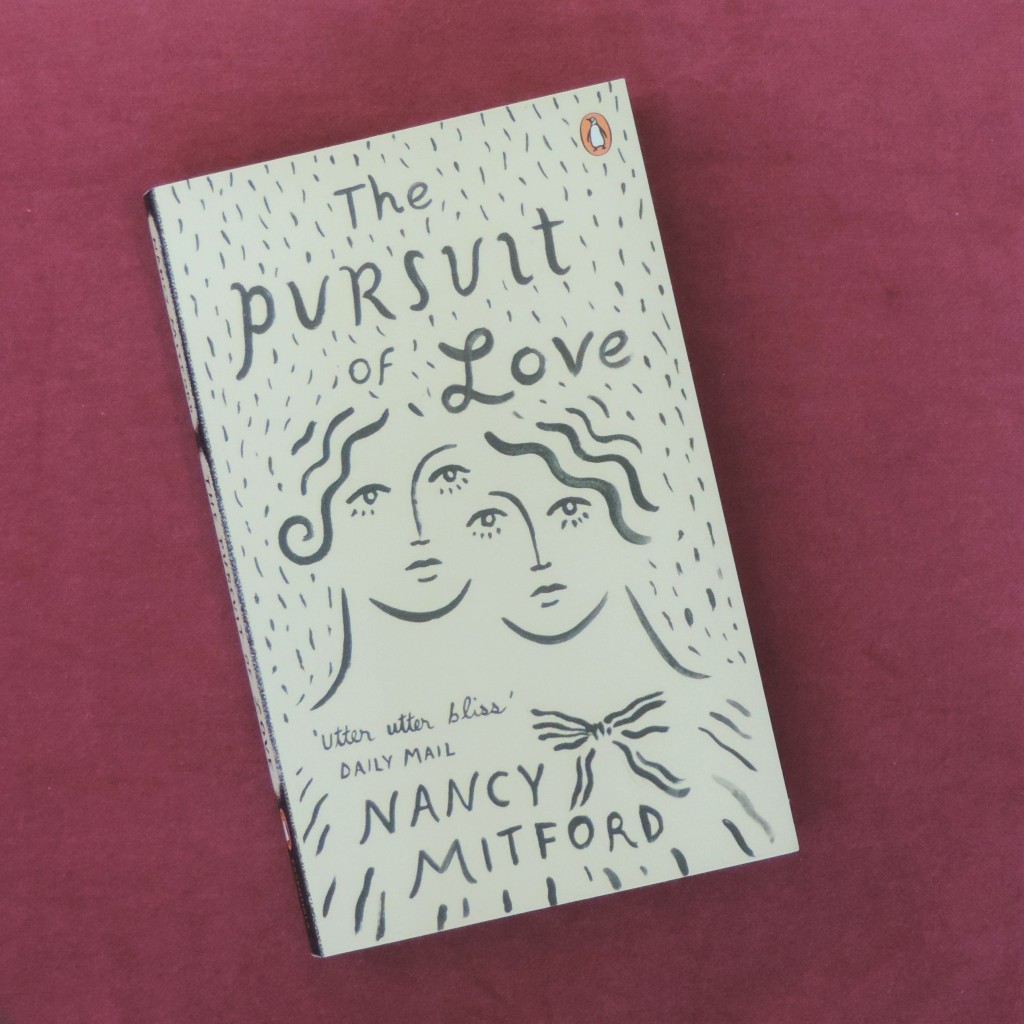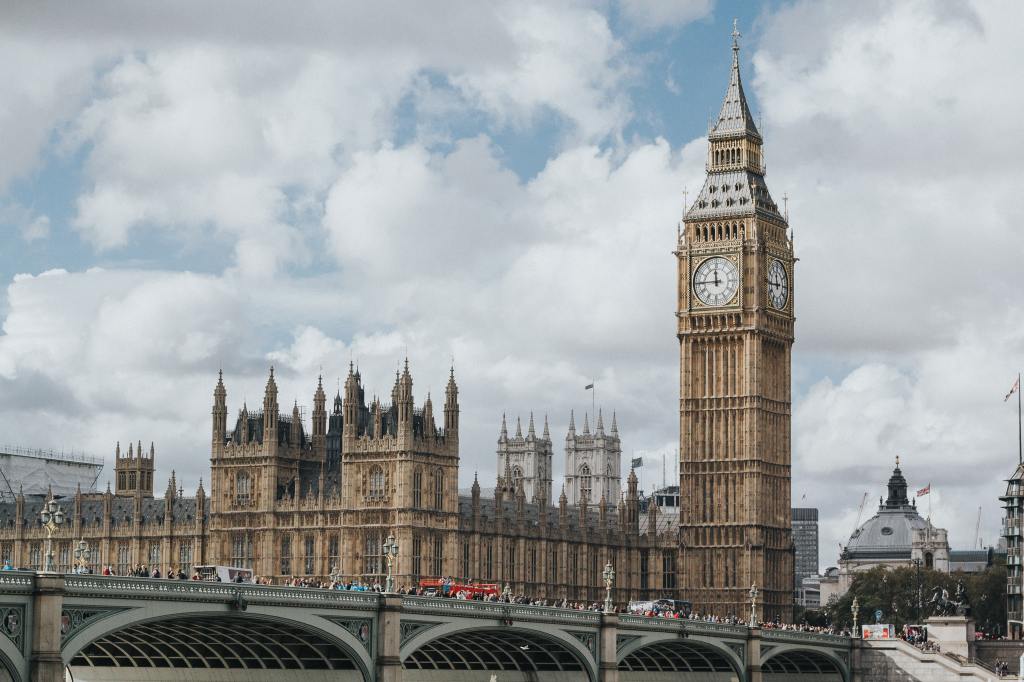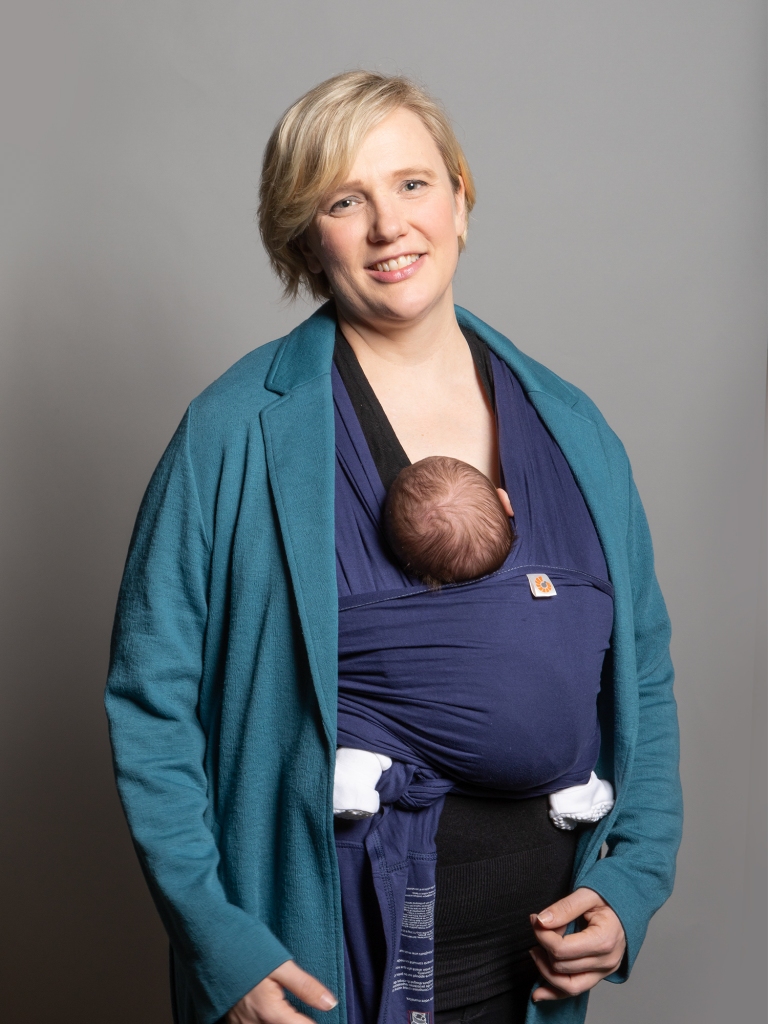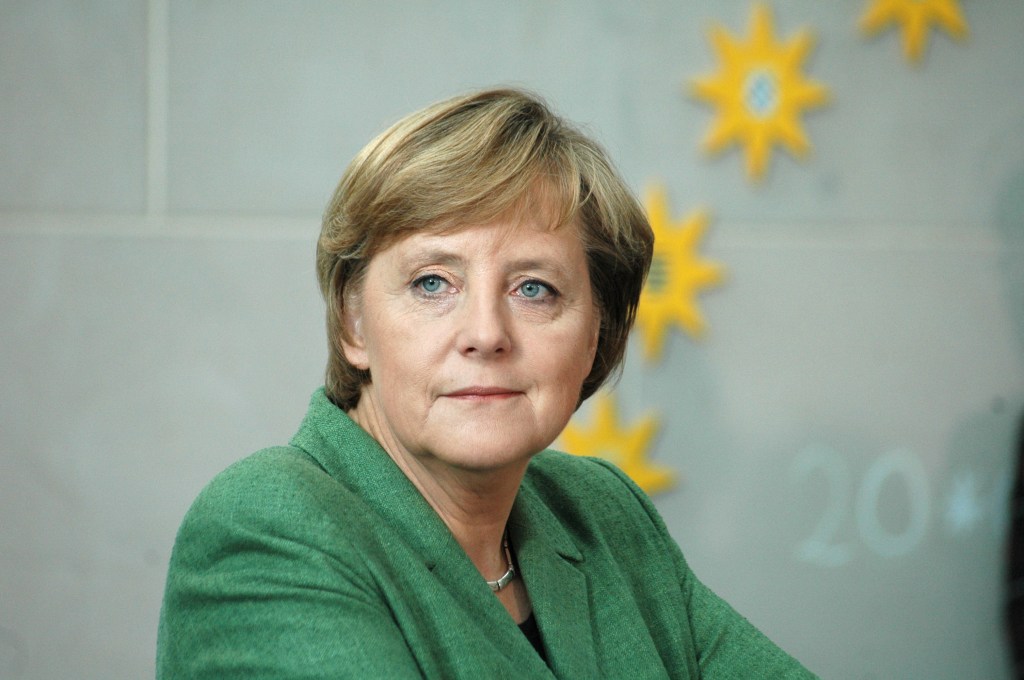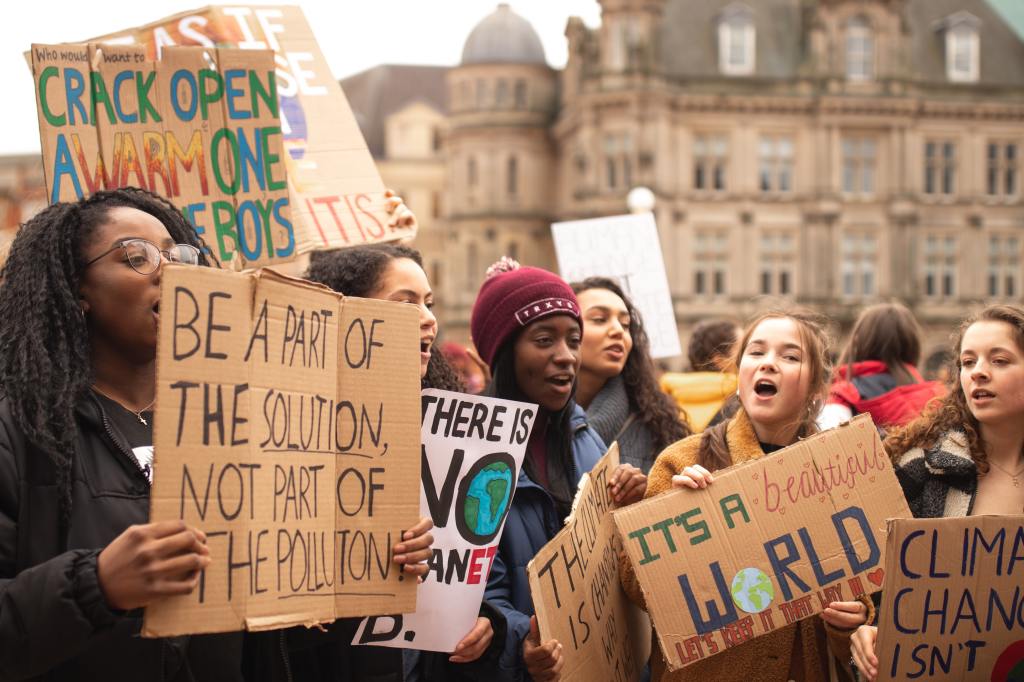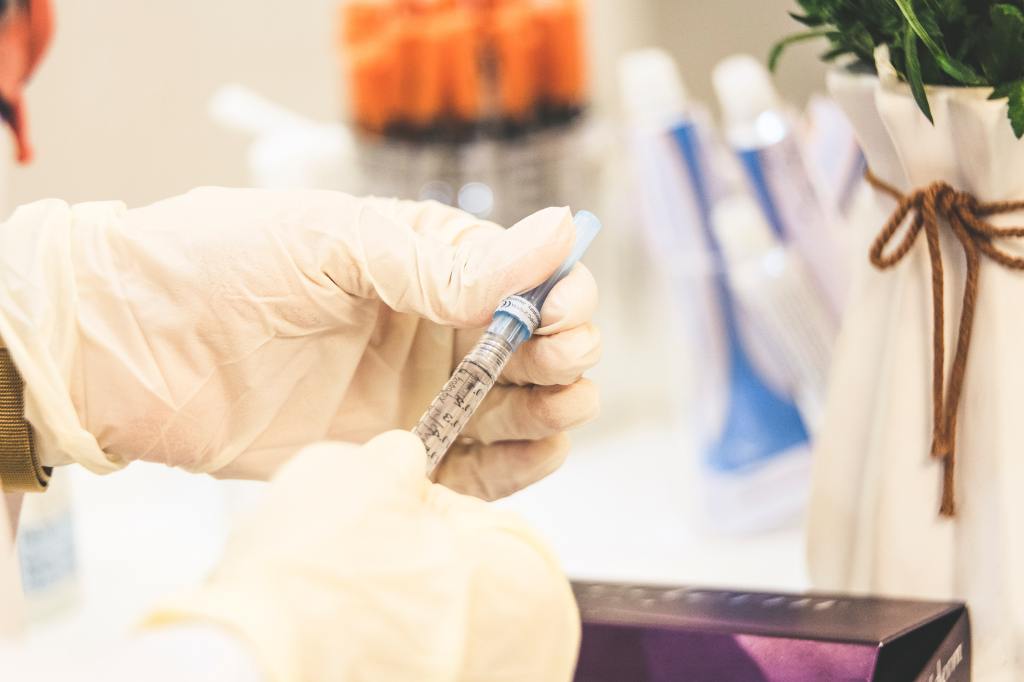FIFA sucks, but it’s the national associations that have been exposed for inaction on equal rights
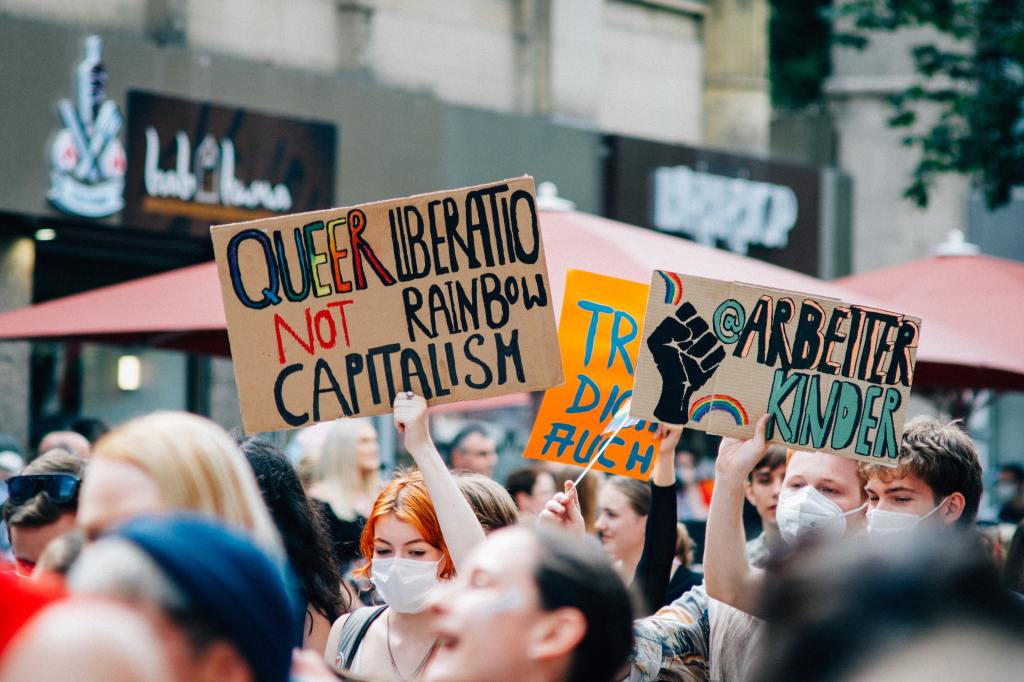
Image by Christian Lue via Unsplash
As the England men’s football team lined up for their first World Cup match in Qatar yesterday, their kit was missing a certain controversial element. The Danish team’s kit will also most likely be lacking this evening, as will the German team’s tomorrow.
Players from all of these teams, as well as six others, were intending to wear a rainbow ‘OneLove’ armband during their matches – a symbol of support for the LGBTQ+ community. In the Gulf state where the tournament is taking place, homosexual acts are criminalised, same-sex unions are not recognised and campaigning for LGBTQ+ rights is banned.
The announcement by football’s governing body FIFA that players risked being booked for turning out in the armband came only hours before England’s first group match. According to a statement by seven of the football associations involved, FIFA had been notified of their intention to wear the band months beforehand and had not issued a response.
Let’s be clear, FIFA is a disgrace in its own right. Not exactly known for its morally-upstanding stances or procedures, its ban on the armband is the latest appalling sop to power and money. Its own anti-discrimination campaign for the competition (known innovatively and vaguely as #NoDiscrimination) demonstrates at least some awareness of its tournament’s hosts’ record on human rights, but is one that avoids saying ‘boo’ to the Qatari golden goose.
‘What’s the point of a protest if there are no stakes?’
As such, the OneLove armband might have been a powerful statement – players on a world stage risking (and possibly receiving) a yellow card for expressing solidarity with oppressed minorities, all watched by an estimated audience of five billion. But rather than make an important protest, the football associations have cowed to FIFA and to Qatar. As Jack Murley, presenter of the BBC’s LGBT Sport Podcast, noted, ‘what’s the point of a protest if it doesn’t actually make a splash; if there are no stakes to it?’
As it has turned out, the climb-down has made a mockery of the campaign and shown it to be little more than pinkwashing – a gesture designed, not to show meaningful solidarity with the LGBTQ+ community, but one intended to make the Europeans appear progressive while, at the same time, allowing them to participate in an event that should never have been allowed to happen in the first place.
Bizarre though FIFA President Gianni Infantino’s remarks at the pre-tournament press conference were, he was not wrong in identifying European hypocrisy. While teams from other nations may have made their own statements that the competition was about football and not politics (and while we can have our views on that stance more generally), what they did not do is make threats they failed to follow through on.
Solidarity without sacrifice is just marketing
The justification for abandoning OneLove has been that, in risking a booking, individual players should not be put in a position where they could jeopardise their own role in the competition. And indeed they should not. But isn’t that exactly what the football associations are for?
FIFA is all-powerful, but the English FA, the Deutscher Fußball-Bund (DFB) and others aren’t exactly impotent, and nor are players. If they had intended to genuinely show up for LGBTQ+ people, they should have pressed ahead with wearing the armbands and taken the consequences, painful though they may have been. Genuine protest for change does not come for free. It comes with sacrifice and suffering.
Helpfully, a lesson in real protest was still on display last night. Standing beside the England side was the Iranian team, the players of which opted not to sing their national anthem – a gesture that demonstrated their support for the anti-government protests that have already resulted in more than 400 deaths and 16,000 arrests. The Iranian women’s netball team, meanwhile, posted an image on Instagram of themselves posing without the mandated hijab, an act of disobedience that could have serious repercussions well beyond a yellow card.
FIFA’s response to the rainbow armband was absolutely predictable. But sadly, so was that of the football associations. OneLove was, at best, a naïve and ill-thought-out missed opportunity. If we truly want to challenge FIFA, to make sport inclusive, and to force social change, we need to take risks, use strategies to which we can commit, and, most importantly, take the necessary consequences. The question is really whether football associations, as representative of the people, are prepared to do that, or whether ‘showing solidarity’ only when it’s convenient is enough for them.
We hardly need reminding that this not a time to be messing about with LGBTQ+ rights advocacy; when trans rights are under relentless attack and when, just this weekend, five people were murdered in a gay bar in Colorado. The stakes for the football associations are minimal when held up to the very real threats and dangers experienced by the people they purport to support.
In future, European associations must think seriously about the role they want to play in human rights struggles. We can only hope they will begin to show some backbone, take on FIFA directly and end the culture of empty gestures.
Weigh in! Are you watching the tournament? What role should sport and sporting organisations play in addressing injustice (if any)?

